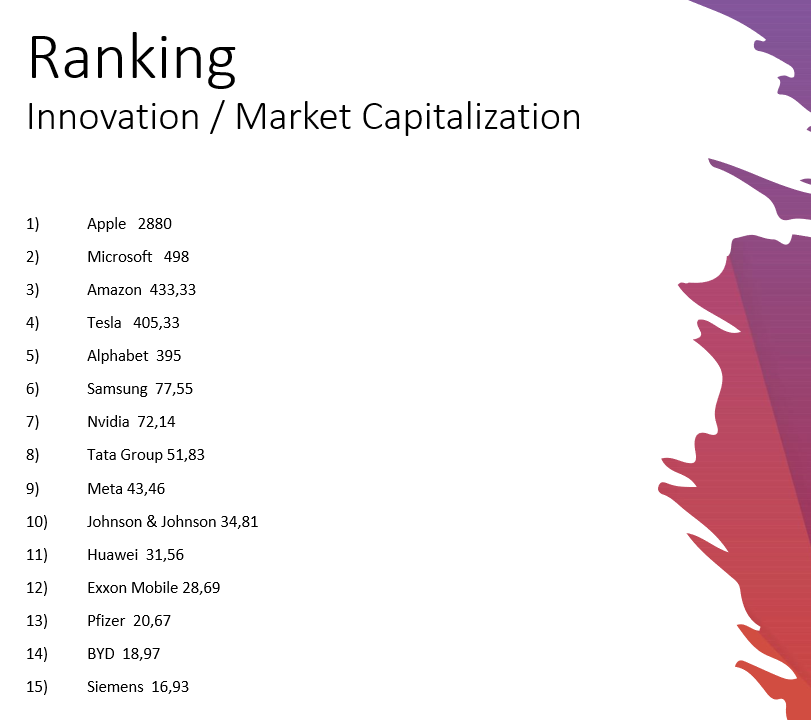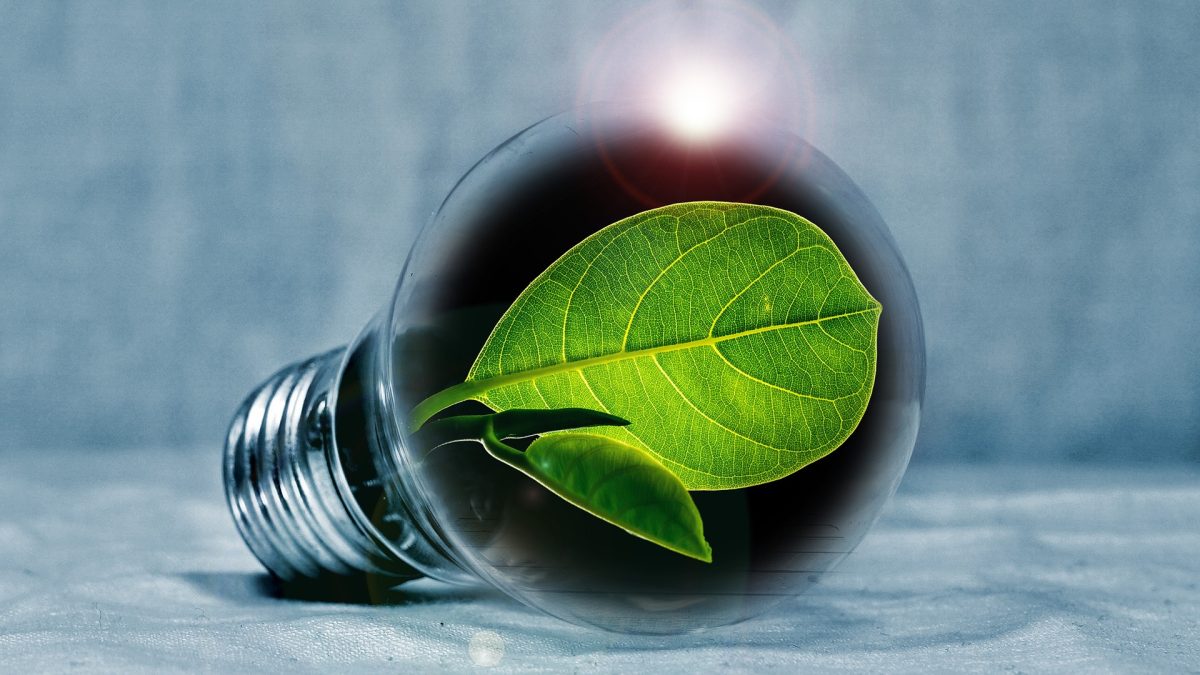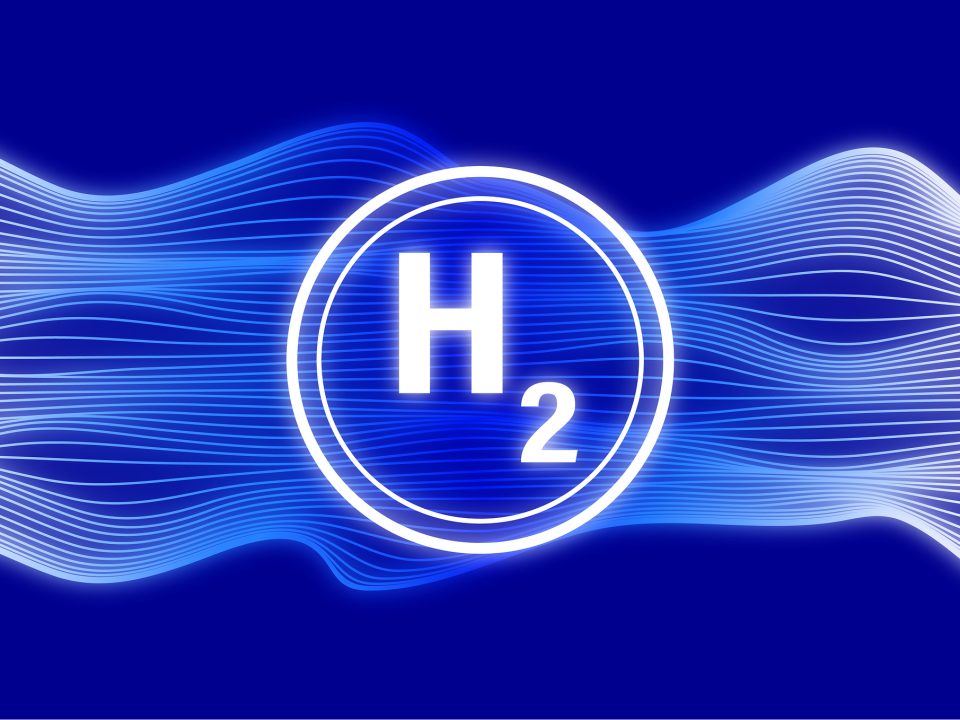
How the EU Green New Deal impacts real estate investments
08/05/2023
The impact of innovation on company value
14/06/2023(Tomka)
ESG criteria and sustainable business models are talk of the town – not only in Vienna. PLPG looked for the highlights and the essence of the industry, so far.
“The Green 100” was initiated by the Austrian “Klima- & Energiefonds” (Climate & Energy Funds) which is providing support for sustainable solutions in topics like energy transition and climate change. It was planned as a matchmaking event where young “sustainpreneurs” could find investors for their – more or less – proven ideas.
The crowd is young, the crowd is innovative, the crowd is rather small. But jewels can be found anywhere. And it was interesting to get in touch with the companies that develop business models around ESG criteria, companies that want to make the world a better place, and companies who want to serve these companies, like banks, insurances, private finance consulters, and the like.
The later have the better sales personnel, the first ones the better stories to tell. We met the owners and planners of “Ruf der Erde” www.rufdererde.at (Call Of the Earth). They started an idea that plans to combine innovation with history. That is creating a park of tiny houses which can be presented, inhabited on trial, or used for touristic purposes. The money earned for this will be used renovate historic buildings. At their booth it was possible via VR headset to walk around a castle in Styria, Austria, that will be maintained with these revenues. Now they are looking for investors to finance the virtual presentation of their projects.
Generally, housing is a huge topic within the sustainable community. Also, for investors. Social financing departments of the Erste Bank Group support companies with quasi equity finance, especially when real estate is involved. Other companies went a similar way. So, the innovation is based on rather traditional business models. The ESG criteria less raised disruption but mainly brought newly painted business models which are known and to be handled easily by traditional players.
This is also valid for crowd sourcing platforms like Rocket Investment – www.rocket.investments . The value evaluation of a project is still measured on traditional income models combined with sustainable measures – including renovating of real estate.
Highly interesting are some business models based on scientific research. We were able to talk to area managers of Best Research – www.bestresearch.eu – who represented not only a very good technical company, but also some highly interesting and creative business cases. CO2 has to be reducedin the near future, and there are particular ways to get closer to the objective to reduce CO2 emissions. On the other hand, the heating market cannot be covered by electricity and heat pumps alone. Therefore, the team consisting of Dr. Elisabeth Wopienka, DI Manuel Schwabl, and Dr. Markus Schwarz developed the “Combustion 4.0”. Their solution is based on added value through valorizing bio residues and a technology concept that is applicable for broad scale of energy need.
CO2 reduction will take place through not burning pellets (bio residues) completely but solely until a first stage of coal. This material can be used for e.g., soil enhancement or as carbon source for industrial companies. They presented a clear milestone-program from development of the product until the go-to-market which is considered to take 2-4 years, and the estimated break-even of the investment shall be reached three and a half years after market entry.
PLPG got in contact with some very interesting companies and projects, but also sees the challenges “sustainpreneurs” are facing. From the economic point of view, it is not enough to want to change the world. You must change it profitably.



